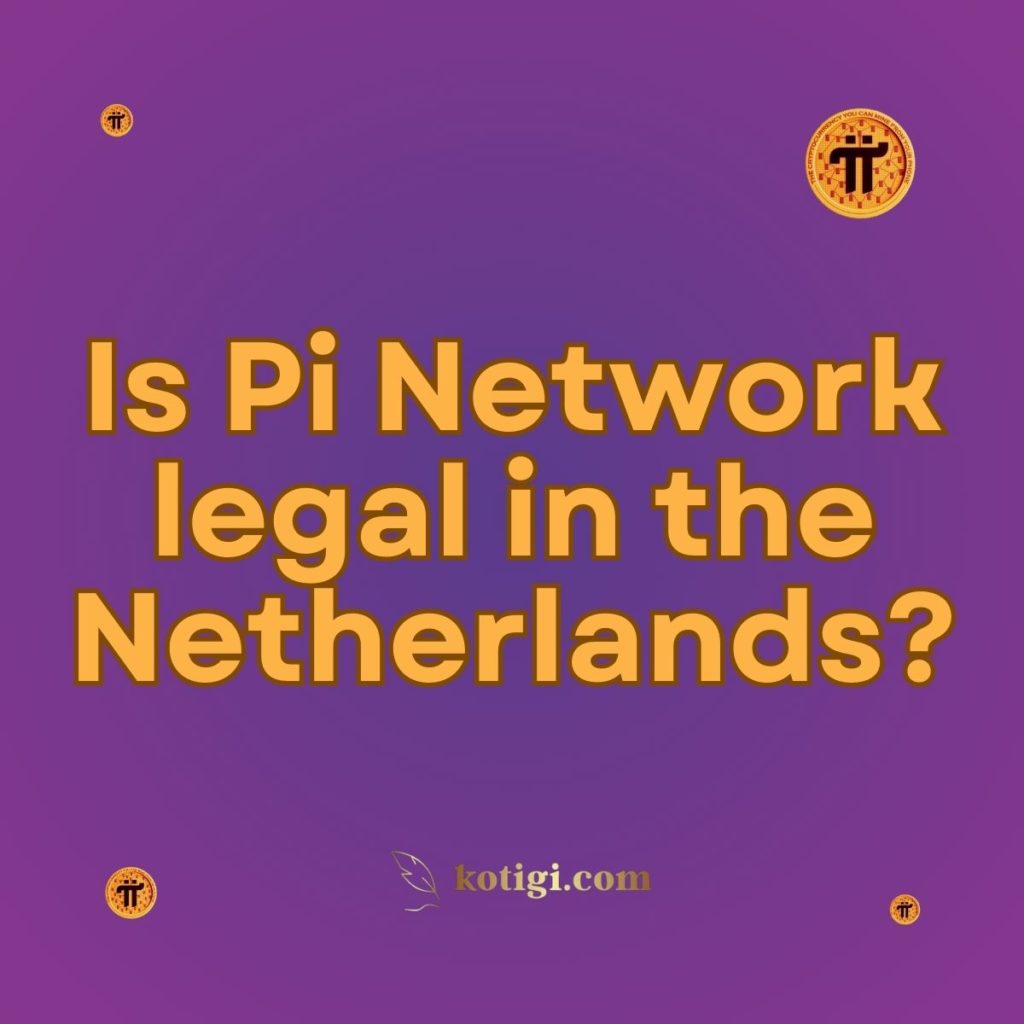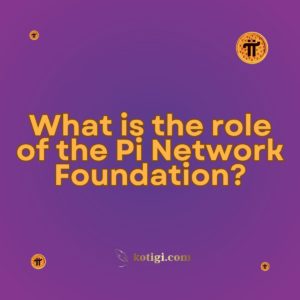
Is Pi Network legal in the Netherlands?
Yes, Pi Network is currently legal in the Netherlands, but its regulatory status depends on existing cryptocurrency and digital asset laws, which could change as the regulatory landscape evolves. Below is an overview of the legal considerations for Pi Network in the Netherlands:
1. Regulatory Status in the Netherlands
The Netherlands does not have specific legislation that exclusively regulates Pi Network or other cryptocurrencies. However, cryptocurrencies are considered legal and are regulated under broader financial regulations and guidelines set by the European Union (EU).
The Dutch Central Bank (De Nederlandsche Bank, DNB) and the Netherlands Authority for the Financial Markets (AFM) oversee the regulation of financial markets, including cryptocurrencies. Cryptocurrencies are not recognized as legal tender but are treated as digital assets.
The Netherlands has stringent Anti-Money Laundering (AML) and Know Your Customer (KYC) regulations that apply to crypto service providers, requiring them to register with the DNB and comply with AML directives. If Pi Network introduces features involving financial transactions or token trading, it will need to comply with these existing Dutch regulations for digital assets.
2. Oversight by De Nederlandsche Bank (DNB) and the Netherlands Authority for the Financial Markets (AFM)
Cryptocurrency service providers operating in the Netherlands must register with the DNB and comply with AML regulations. This requirement ensures that companies engaging in crypto-related activities adhere to legal standards for preventing financial crimes.
The AFM oversees compliance with the Financial Supervision Act, ensuring that companies involved in financial services provide clear, transparent information to users and do not engage in misleading practices. As the Pi Network evolves, any developments involving Initial Coin Offerings (ICOs) or token sales would require strict compliance with DNB and AFM guidelines.
3. Anti-Money Laundering (AML) and Counter-Terrorism Financing (CTF) Compliance
The Netherlands follows EU directives on AML and CTF, requiring crypto platforms to implement strict KYC procedures. If Pi Network introduces any exchange or trading features in the future, it must comply with these regulations to verify user identities and prevent illicit activities.
If Pi Network or related services are classified as virtual asset service providers (VASPs) under Dutch law, they must register with the DNB and comply with all regulatory obligations to avoid penalties and legal issues.
4. Taxation and Consumer Protection in the Netherlands
Cryptocurrencies, including Pi tokens, are considered part of a person’s assets in the Netherlands and are subject to capital gains tax. Dutch users must declare their crypto holdings and any gains or losses to the tax authorities. Failure to report cryptocurrency transactions or holdings accurately can result in fines or legal consequences.
Pi Network must also comply with Dutch consumer protection laws, ensuring users are treated fairly and transparently. This includes providing clear information about the risks associated with using the platform and avoiding deceptive marketing practices.
5. European Union (EU) Regulatory Framework
As an EU member, the Netherlands will soon implement the MiCA regulation, which aims to provide a comprehensive framework for digital assets across the EU. Pi Network must comply with these EU-wide standards to legally operate within the Netherlands. If Pi Network operates in multiple EU countries, it must consider cross-border regulations, which could affect its operations in the Netherlands and require additional compliance measures.
Conclusion
Pi Network is currently legal in the Netherlands, but its regulatory standing will depend on the network’s future developments and how it complies with Dutch and EU regulations. As the project progresses, especially if Pi tokens become tradable or involve monetary value, Pi Network will need to adhere to Dutch laws regarding AML, KYC, taxation, and consumer protection. Users in the Netherlands should stay informed about any regulatory changes to ensure they remain compliant and aware of potential risks.




